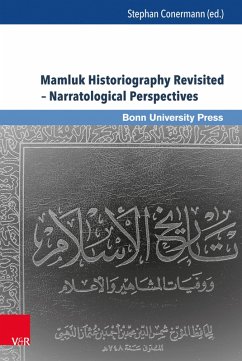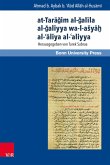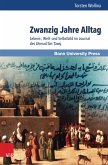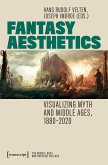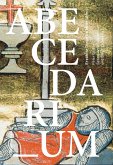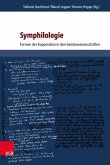This volume discusses Mamluk historical texts with an emphasis on literary/stylistic analysis, basically ignoring issues of 'factuality' versus 'fictivity'. None of the authors set out to write 'fiction'; nor would their audience have received their accounts as such. The events depicted were a matter of historical record; but their meaning was geared both to contemporary and to general concerns. The fact of telling them is part and parcel of the historian's task; the means of telling them has to do with the historian's choice of style; and style is all-important in conveying meaning. Were these accounts not considered 'true', the purpose behind their telling and the meaning they convey, would, arguably, be lost; but were they not told in the most effective manner, their meaning might not be clearly grasped.
